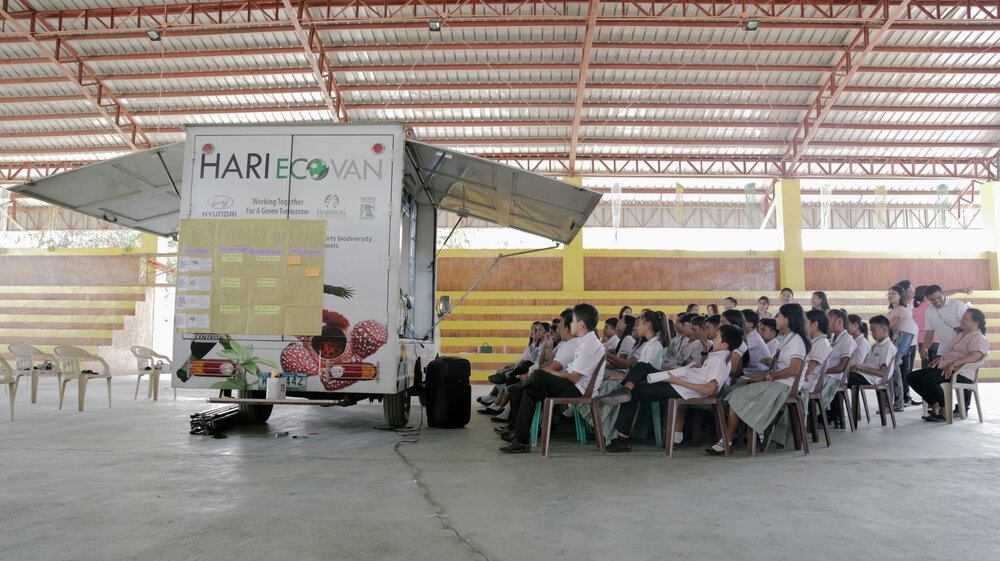Toolkits and Educational Materials

In designing for impact, providing toolkits and educational materials can add significant value. Research has shown that conservation work on flagship species is significantly aided by educational materials that provide clear action steps for conservation. Post-viewing support, such as conservation kits and reminders of specific goals, yields far more follow-through. Viewers without available support were unlikely to carry out intended film-related goals. Creating materials that are appropriate for your viewers will facilitate greater action.
The Elephant Queen (2019) (See Case Study) , directed by Vicki Stone and Mark Deeble, has an extensive educational outreach campaign to raise awareness about biodiversity and elephant conservation in Kenya. They specifically target youth because 40% of the Kenyan population is under the age of 14. In addition to making the film available across the country, they created a vast range of supplemental materials, including early education books and videos, podcasts, career-inspiring interviews with conservations, and additional natural history elements.
Water Warriors, a film and a multimedia exhibit, provides a 32-page screening guide to assist people in designing and hosting their own screening events.
The team also created a classroom lesson plan for grades 6-12 in which students work in groups to learn and teach their peers about key sections of the film. A colonization and decolonization curriculum was generated for classroom learning, training classes, and for self-study to teach about colonialism, its historical impact, and the concept of decolonization.
Up Next